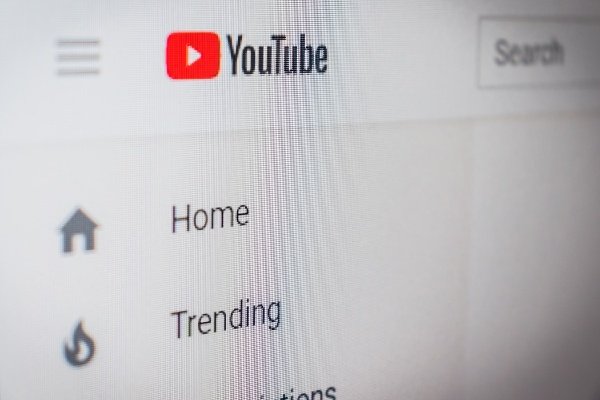A Reddit user has come up with a new nifty trick to block ads on YouTube, and it simply involves the addition of a punctuation mark (.) immediately after the .com part in the URL. Interestingly, this also eliminates the need for the installation of any additional plugin or extensions on your web browser. But the question arises: Why does the trick work as claimed by a Redditor and how does making changes to a URL in the address bar block ads on YouTube?

Adding “.” after .com blocks ads on YouTube
Reddit user unicorn4sale explains why:
“It’s a commonly forgotten edge case, websites forget to normalize the hostname, the content is still served, but there’s no hostname match on the browser so no cookies and broken CORS – and lots of bigger sites use a different domain to serve ads/media with a whitelist that doesn’t contain the extra dot.”
This trick works simply because YouTube probably hasn’t normalized the hostname for some reason. As a result, the addition (.) to the URL in the web browser address bar results in no hostname match.
In the absence of cookies and cross-origin resource sharing (CORS), videos on YouTube probably run ad-free after this trick. But now that this trick has caught the attention of the masses, YouTube is likely to fix the loophole by normalizing the hostname.
But for now, this trick appears to be working as intended. So, enjoy while you still can.
Here’s how you can easily block ads on YouTube videos by using this trick. Whenever you want to watch an ad-free YouTube video, simply add (.) after .com to the URL in your web browser’s address bar.
Meaning, instead of watching a video on youtube.com/example, open the following URL in your web browser’s address bar: youtube.com./example.
This trick will easily bypass pop-up and banner ads that appear on YouTube’s video player.
Why does YouTube show ads in the first place?
By showing ads on videos, YouTube enables the respective content creator to monetize the video and earn a share of the ad revenue YouTube earns from its advertisers. This business and revenue model has essentially kept YouTube both free and profitable for years. It is the same for all websites which offer content free to surfers – and for those reasons, we suggest that users whitelist their favorite websites to support them.
I guess it is only a matter of time that YouTube addresses this issue.